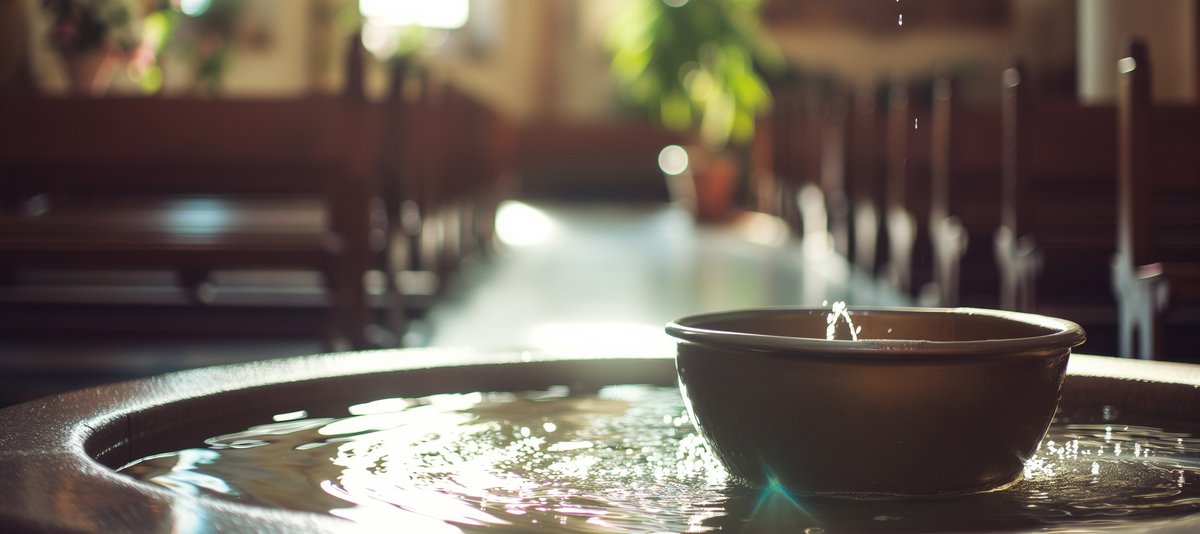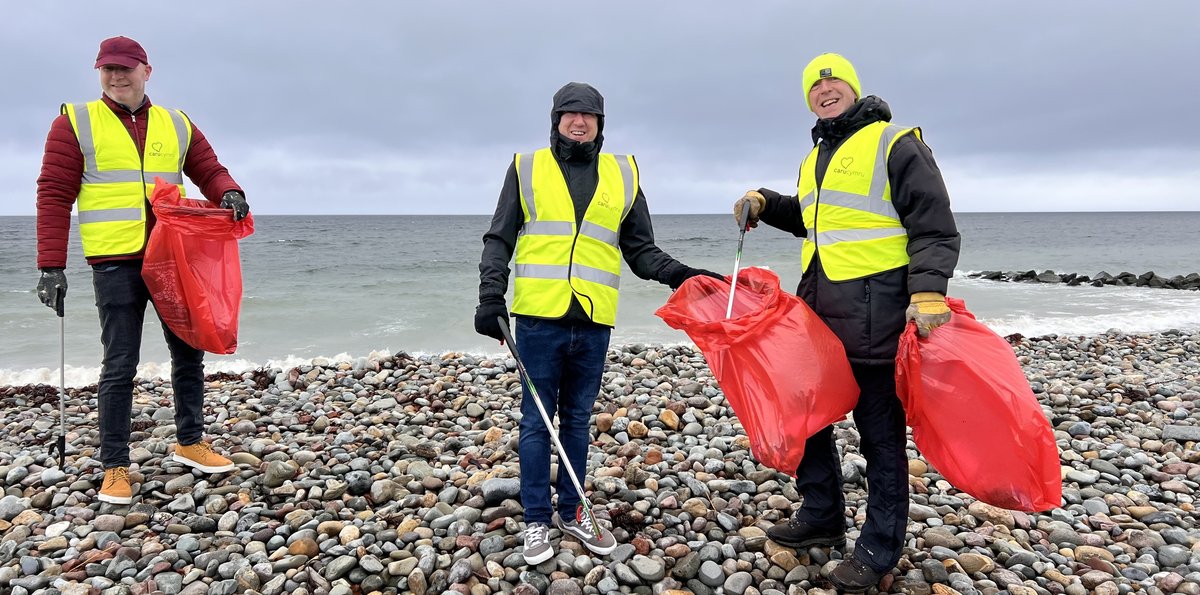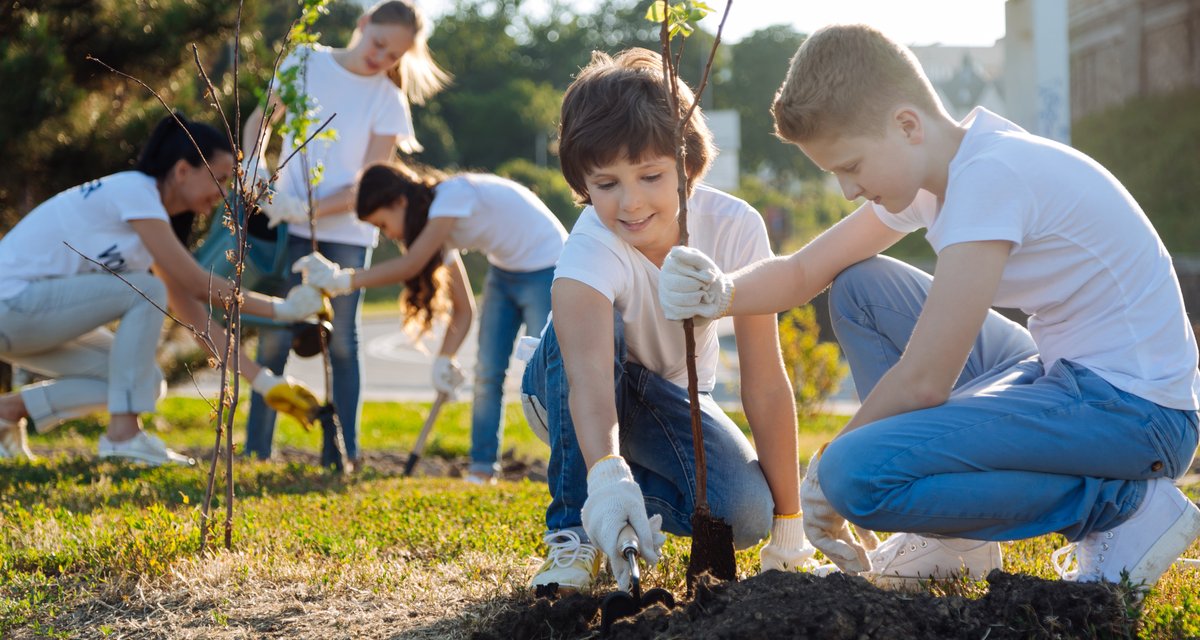Water action points
The crisis facing our waterways may seem daunting and out of our individual control. But clean water is the responsibility us all and we can take action to make a difference. Here are some ways in which you can do that today.
If you’re not part of the solution, you are part of the problem
Celebrate water

Hold a church service of praise for the presence of water in the Bible and in our lives, and celebrate World Water Day, 22 March, each year. Regularly include prayers about water in Intercessional prayers.
Petition on behalf of your community for better water quality
Write to your MS and/or Councillor. You can use this template: Write to your Representative | The Rivers Trust
Get involved with a local environmental campaign, such as with River Action UK Campaigns - River Action UK.
Adopt a section of river or stretch of coastline
Adopt and care for a water-side location, following guidance such as the Adopt a Tributary | West Wales Rivers Trust.
Arrange a riverside litter pick or beach clean

The Marine Conservation Society has plenty of tips for organising a beach clean to help keep our coastline beautiful and safe for wildlife. The Diocese of Bangor has also produced a comprehensive guide on beach cleans:
Submit your results to Surfers Against Sewage: Million Mile Clean - Surfers Against Sewage
Report local pollution and environmental incidents in Wales by calling 0300 065 3000 You can also report blocked and overflowing drains near your church or property.
Maintain your buildings and roofs
Regularly undertake checks of drains and guttering around your church and home to keep them clear of debris and prevent rainwater goods overflowing. This is especially important during the Autumn months when leaf fall can build up quickly.
Stop the block
Don’t flush wet wipes, sanitary item, nappies or cotton buds down the toilet and switch to biodegradable products.
Modify your church yard and gardens to save water

Install rainwater butts to limit runoff from the church roof and use the stored water for cleaning paths in winter and watering flower bed and shrubs in summer; or use as ‘grey water’ when plumbed into the toilet system year-round. Be inspired at Save Water Save Money
Create raised flower beds and plant new trees on mounds to prevent soil saturation damage.
When replacing or laying new paths and car parks, ensure the use of permeable materials to allow water to drain through freely. You can buy permeable Tarmac, rubber or gravel. Hard surfaces increase run-off and can contribute to the local drainage system becoming overwhelmed.
Plant wildflowers and allow the grass to grow, rather than keeping it manicured. Wild areas are better for pollinators, are cheaper, and also act as a natural water butt.
Reduce water use at your church and around your home
Install a water meter to monitor water use.
Place water-saving devices, such as water hippos, bricks or water-filled plastic bottles in toilet cisterns to reduce water use when flushed. Fit low-flow tapes and showerheads in kitchens and toilet areas.
Only use the water required when boiling the kettle or washing dishes. Use a full load when using the washing machine and consider reduce the frequency of washes to minimise the release of microplastics.
Adaptation - assess risk and plan for potential flooding
Check whether your church and home is in a flood risk area and start planning for the possibility of flooding.
The Natural Resources Wales website offers a very useful guide about what to do in the event of a flood.
Flood alerts can be checked 24-hours a day by calling Floodline: 0345 988 1188.
Support water charities
Support an overseas charity that provides clean water and better hygiene conditions for local communities, such as Christian Aid, Water Aid and Toilet Twinning.
Get involved with citizen science
Here are some citizen science organizations and projects in Wales that offer opportunities to contribute to environmental and scientific research:
- Natural Resources Wales - Their citizen science initiatives include water quality monitoring, wildlife observation, and coastal erosion projects. They partner with local groups to help protect Welsh natural resources. Learn more on their citizen space page.
- National Museum Wales - They support projects across archaeology, biodiversity, and geology, with citizen science opportunities like contributing to nature surveys and monitoring projects. More details can be found on their citizen science page.
- Wales Coast Path - CoastSnap Project - Part of a global initiative to monitor coastal changes, this project allows volunteers to photograph the coastline at designated points to track the effects of climate change. For more information, visit the Wales Coast Path Citizen Science page.
- Afonydd Cymru - This organization coordinates citizen science projects through local river trusts across Wales, including water quality monitoring and litter cleanup in rivers. You can find out more about their initiatives here.
- Cofnod – North Wales Environmental Information Service - Cofnod offers platforms for recording biodiversity data in North Wales, enabling citizens to contribute sightings and help monitor wildlife. More information is available on Cofnod’s website.
- Lab Dwr Citizen Science — North Wales Rivers Trust Chemical testing of rivers as well four river hubs for invertebrate sampling: Rhosneigr, Llanberis, Bethesda and Gaerwen.